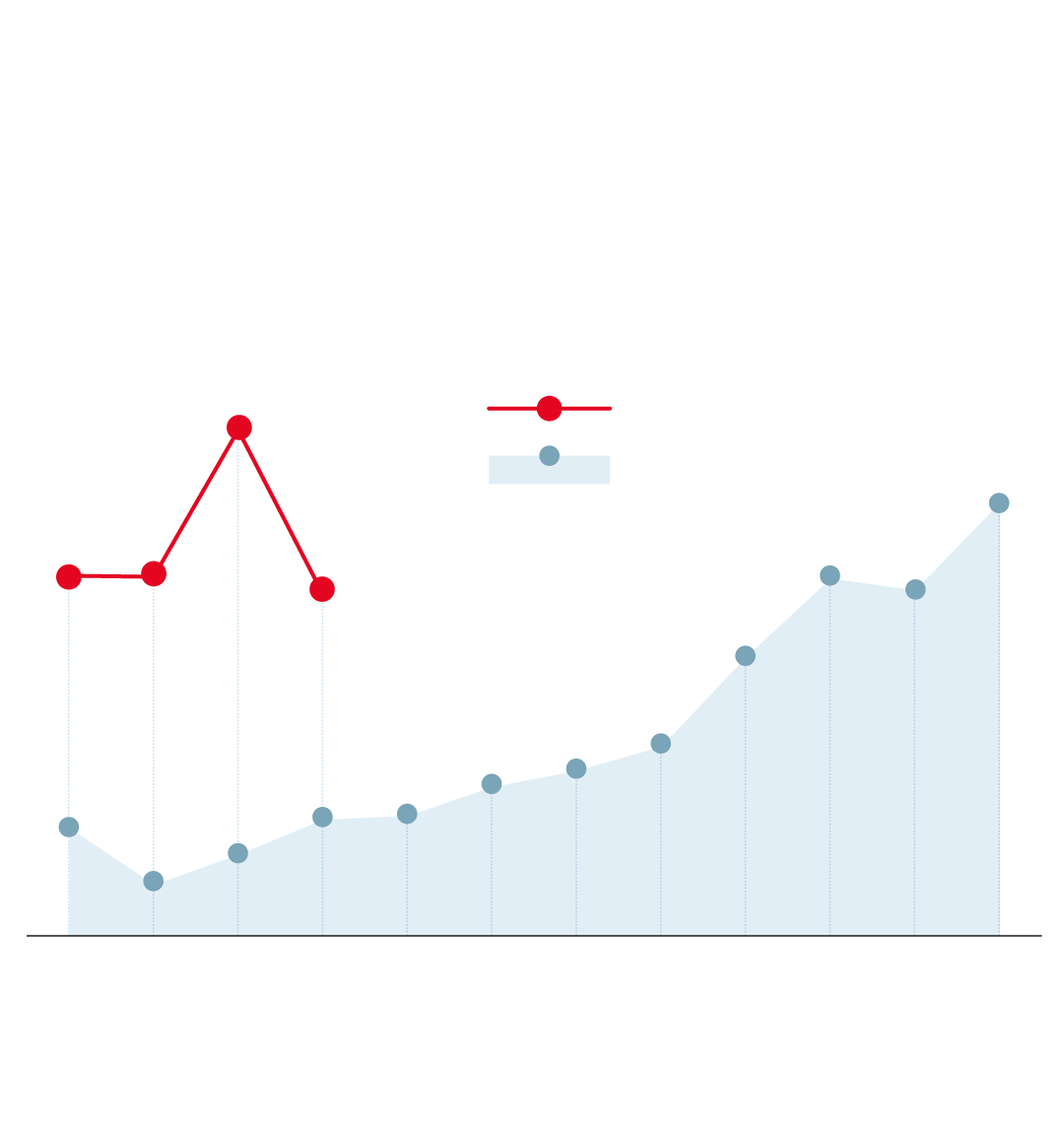![]() CONTINUE
CONTINUE
The Spanish Government's proposal, to which the Portuguese Executive reluctantly joined, to limit the price of gas used to generate electricity on the Peninsula has not yet been approved by the Commissioner for Competition of the European Commission, given its complexity and the doubts about its legality in some specific aspects that the electric companies have announced.
Therefore, the new mechanism designed to lower electricity prices cannot be approved today by the Council of Ministers, as the Third Vice President and Minister for the Ecological Transition, Teresa Ribera, had foreseen, and its entry into force continues to be delayed to the anger of consumers.
This said yesterday, upon entering the Council of Extraordinary Energy Ministers of the EU, meeting in Brussels, that it hopes to have the final proposal "as soon as possible" and that it hopes to be able to present it to the Council of Ministers next week.
For now, the European Commission has established that the gas price cap will be 50 euros per megawatt hour (MWh), compared to the 30 euros proposed by Spain and Portugal. However, the measure would apply suspended one year from its entry into force, twice the time included in the request.
The proposal was carefully analyzed by the Commissioner for Competition, the Danish Margrethe Vestager, who gave Teresa Ribera the 'small print' of it, above all, due to the pressure that the Community Executive was receiving from the electricity lobby.
Electrical vestibule pressure
In fact, almost a month ago he received a letter signed by Ángeles Santamaría (CEO of Iberdrola Spain), José Bogas (CEO of Endesa), Miguel Stiwell (president of EDP), Ana Paula Marques, executive of the latter company and president of the Portuguese electricity employers' association Elecpor, and Marina Serrano, president of the Spanish employers' organization Aelec.
In the letter, sent to the vice-presidents of the European Commission, Frans Timmermans and Margrethe Vestager, and to Energy Commissioner, Kadri Simson, they warned that the measure goes against decarbonization, "does not seem compatible with the current European framework" and "will have unexpected consequences” , with a cost “substantially higher than the expected savings”, and “hidden costs that may be even more relevant”.
These warnings from the electricity companies refer to the fact that limiting the price of gas to 50 euros per MWh would mean a cut in the income of nuclear and hydraulic companies of around 5.000 million euros. In addition, this supposed saving for consumers, since the price of electricity would not exceed 150 euros per MWh in the wholesale market, would ultimately be borne by all customers, both those with long-term contracts and those with the regulated or pvpc. In other words, the savings would not be as high as the 30% that Teresa Ribera has pointed out.
The Minister, who has publicly said that electricity "is trying to derail" the proposal, insists, like his leftist and communist partners, that these plants are obtaining extra profits 'from heaven', since considering that they are taking advantage of the high prices of electricity in the wholesale market due to the rise in gas.

Average electricity prices in the wholesale market

average prices of
electricity in the
wholesale market
Electric companies deny the extra benefits
However, the electricity companies deny these extra income, as Endesa's CEO, José Bogas, said last Friday at the shareholders' meeting. “The rise in electricity prices neither benefits us nor strengthens us, since all the energy we produce is sold in installments. In this sense, all the energy that is going to be produced this year has been sold in its entirety, it has a premium that we only maintain against the increase in wholesale spot premiums for 2022”.
After emphasizing that "we continue to think that these measures cannot be at a European level, limited in time and attacking the root of the problem, which in this case is the high price of gas", he pointed out that, "according to some very preliminary estimates, the The cost of capping the price of gas at 50 euros/MWh could exceed 6.000 million euros per year, which would have to be assumed by the demand as a whole”.
Also, from the electricity employer Aelec they have stated that “the solution of the existing problem, at present, with electricity prices is not being successful. Intervening in the electricity market is not a solution. The Executive does not take into account that the vast majority of consumers have contracts at a fixed price and not subject to pvpc and, furthermore, does not act on the origin of the problem: the gas market. Part of the erroneous premise that the problem will be found in the electricity market, when this is not the case. An intervention of the market and the pricing system is a mistake and will generate new problems”.
